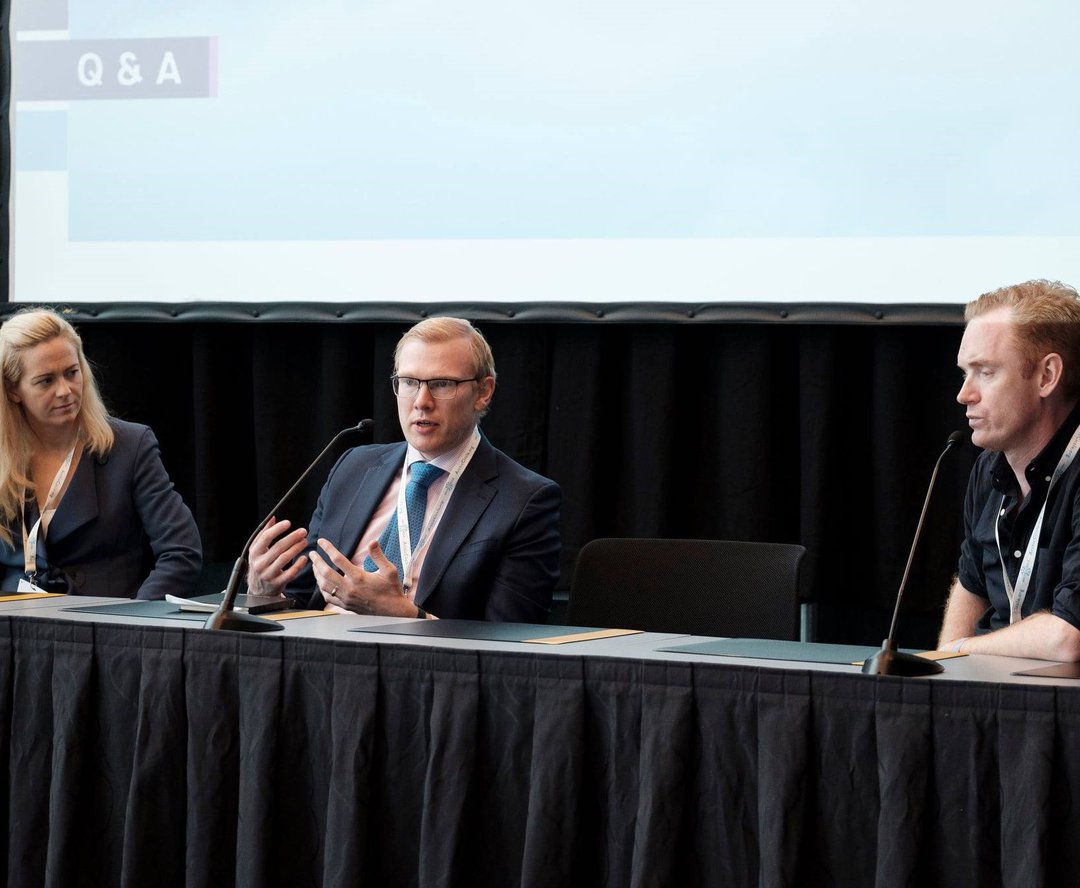

Sustainability is at the center of our strategy. Icelandair plays a significant role in Icelandic society and economy and we are committed to reducing our environmental impact. I would say that the highlight in 2021 was the announcement of our ambitious new goals of reducing carbon emissions by 50% per OTK by 2030. The key to success is cooperation with all stakeholders and the authorities and we believe Iceland has great opportunities to be at the forefront in this area. We are in this together and the interests of Iceland as a country and Icelandair clearly go hand in hand when it comes to developing a sustainable future.
Ásdís Ýr Pétursdóttir
Director - Communications & Sustainability

